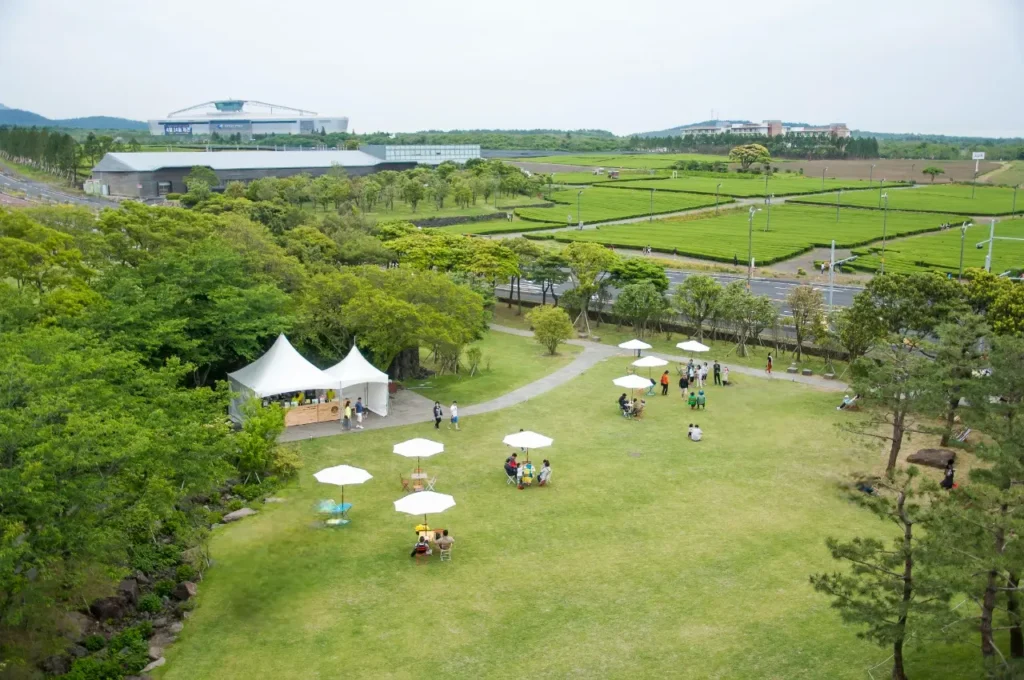Outdoor events are an exciting way to bring people together—whether it’s a music festival, a community fair, a sports tournament, or a food market. But these gatherings can also generate significant waste, consume large amounts of energy, and strain local resources. In the face of rising environmental awareness, many event planners are now asking a key question: how can we reduce our impact on the planet while still creating a memorable experience?
From waste reduction and energy management to sustainable hydration solutions like a water filler station Canada, there are plenty of ways to host events that prioritize the health of our environment.
Rethink Single-Use Plastics and Packaging
One of the biggest environmental concerns with outdoor events is the overuse of single-use plastics. Items like plastic bottles, food containers, straws, utensils, and packaging often end up in landfills or, worse, polluting natural landscapes.
Go Reusable or Compostable
Start by eliminating single-use plastics wherever possible. Offer compostable or reusable alternatives:
- Encourage vendors to use biodegradable packaging.
- Provide compostable utensils and plates.
- Offer incentives to attendees who bring reusable containers or bottles.
Hydration Without Waste
Plastic water bottles are often among the top waste items at events. A water filler station in Canada can provide an eco-friendly hydration option. These stations reduce the need for bottled water, support refillable containers, and cut down drastically on event-generated plastic waste.
Manage Energy Responsibly
Outdoor events rely on generators, lighting, sound systems, and sometimes even temporary structures that consume a great deal of energy. Being mindful of energy use can significantly reduce your carbon footprint.
Choose Renewable Power Sources
Opt for solar-powered lighting and consider renting solar-powered generators. If the venue supports it, connect to a renewable energy grid.
Energy-Efficient Equipment
Encourage vendors and performers to use energy-efficient sound and lighting systems. LED lights, for example, consume a fraction of the energy of traditional lighting and can operate longer on less power.
Time-Sensitive Usage
Schedule energy-heavy performances or features during peak sunlight hours if using solar power, and consider dimming non-essential lights during daylight hours.
Build a Thoughtful Waste Management System
A successful eco-friendly event includes a smart plan for waste management that is easy for attendees to follow.
Separate Waste Streams
Set up stations for compost, recycling, and landfill waste—and clearly label them. Use color-coded bins and signage to help attendees make the right choice.
Volunteer Green Teams
Recruit a team of volunteers to help attendees sort waste correctly. Green teams can also monitor waste areas and answer questions.
Reduce Vendor Waste
Require food and merchandise vendors to minimize their own waste. This might include bulk dispensing for condiments or requiring eco-conscious packaging.
Encourage Sustainable Transportation
Transportation is a major contributor to the carbon footprint of any large event. With smart planning, you can help reduce emissions while making it easier for people to get to your event.
Promote Public Transit and Carpooling
Include directions for taking public transit in your marketing materials and encourage attendees to carpool. Offering small incentives like discounted entry or free merchandise for those who use low-impact transport can boost participation.
Provide Bike Parking
Make space for secure bike parking. If possible, partner with a local cycling group or sponsor to provide bike valet services.
Shuttle Services
If your event is far from public transport lines, consider organizing a shuttle service using electric or biodiesel buses. This helps reduce the number of vehicles on the road and provides a convenient option for attendees.
Choose Eco-Conscious Vendors and Partners
Your event is only as sustainable as the companies you partner with. Choosing vendors and suppliers who share your environmental values can significantly reduce your event’s impact.
Vet Vendors Carefully
Ask potential vendors about their sustainability practices. Look for those who:
- Use local and organic ingredients.
- Provide low- or no-waste packaging.
- Commit to zero-waste operations.
Partner with Local Organizations
Working with local environmental nonprofits, co-ops, or sustainability consultants can help you source materials, promote your event, and ensure best practices are followed.
Educational Booths
Invite local environmental organizations to set up information booths. This adds value for attendees and reinforces your event’s eco-conscious message.
Additional Ideas to Boost Sustainability
There are countless creative ways to improve your event’s environmental performance. Here are a few more to consider:
Digital Tickets and Schedules
Avoid printed materials by using digital ticketing systems and promoting your event schedule via apps or websites. QR codes can direct attendees to event maps or vendor listings.
Eco-Friendly Merchandise
If you sell branded merchandise, choose sustainable options like reusable water bottles, organic cotton shirts, or recycled material tote bags.
Eco-Engagement Activities
Incorporate sustainability into your programming. Workshops on composting, upcycling, or zero-waste living can attract attendees and make your message more engaging.
Leave-No-Trace Policy
Encourage a leave-no-trace mindset for attendees, vendors, and staff. Include signage and reminders to take personal belongings and dispose of waste properly.
Measuring and Improving for Future Events
Sustainable event planning doesn’t end when the guests leave. Measuring the impact of your event helps inform future decisions and demonstrates accountability.
Conduct a Post-Event Waste Audit
Work with waste management providers to assess how much waste was composted, recycled, and sent to landfill. Understanding these numbers can guide improvements.
Gather Feedback
Survey attendees, vendors, and volunteers about what worked and what could be improved. Their insights can help you fine-tune your sustainability strategy.
Celebrate Progress
Share your sustainability wins on your website or social media. Transparency encourages others to adopt similar practices and reinforces your commitment to the environment.
Planning an eco-friendly outdoor event takes forethought and commitment, but the payoff is significant. Not only do you protect the environment, but you also set a powerful example for attendees, vendors, and your community. With tools like a water filler station in Canada, local partnerships, and smart energy choices, it’s entirely possible to host events that are as responsible as they are enjoyable.
Also Read-Bundle Up! Your Ultimate Guide to Winterizing Your Life


